News

Feb 18, 2022
Penn State biologist Michael Axtell named distinguished professor
Michael Axtell, professor of biology at Penn State, has been selected to receive the title of distinguished professor of biology in recognition of his exceptional record of teaching, research, and service to the University community.
Full Article
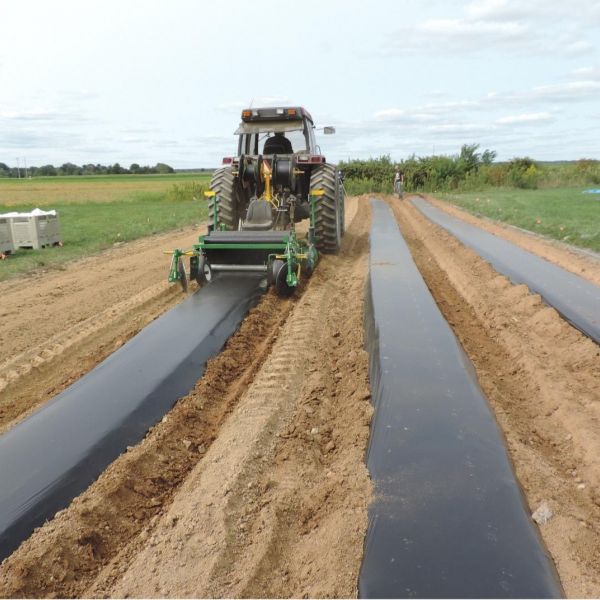
Oct 28, 2021
Grant to fund research on biological approach to manage soil pathogens and pests
In an effort to boost the profitability and sustainability of organic specialty crop productions, a team of scientists is improving and optimizing a method for controlling soilborne pests and pathogens and promoting soil health that prevents oxygen from entering the soil.
Full Article
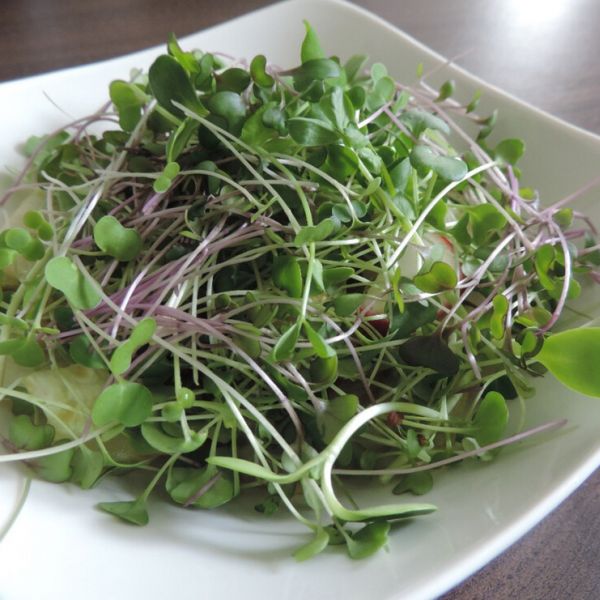
Oct 12, 2021
Small but mighty: Microgreens go from trendy vegetables to functional food
Starting decades ago as fashionable, high-value gourmet greens, today microgreens have gained popularity among consumers for their nutritional profile and high content of antioxidant compounds. Now, a new study suggests that the tiny plants have the potential to help provide global nutrition security.
Full Article
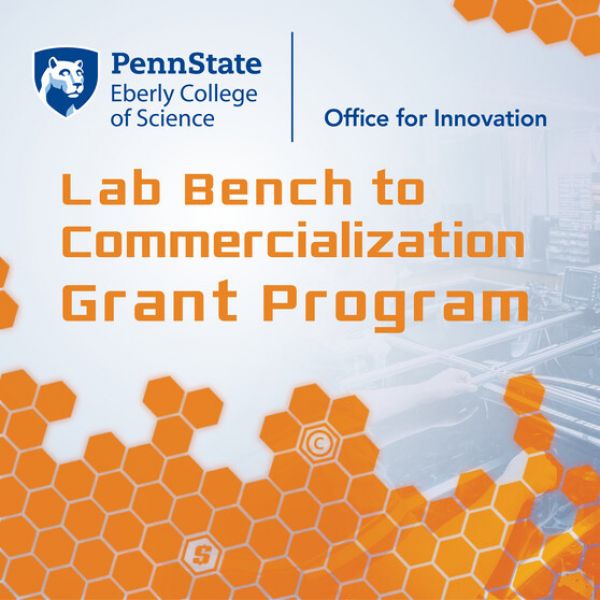
Sep 14, 2021
Eberly’s 2022 Lab Bench to Commercialization grant recipients announced
The Eberly College of Science has chosen faculty members Joyce Jose and Sally Mackenzie to receive its 2022 Lab Bench to Commercialization grants. This competitive program provides funding for researchers in the college, enabling them to enhance the commercial potential of ongoing Penn State research and prepare them to translate their Penn State-owned intellectual property to the marketplace.
Full Article
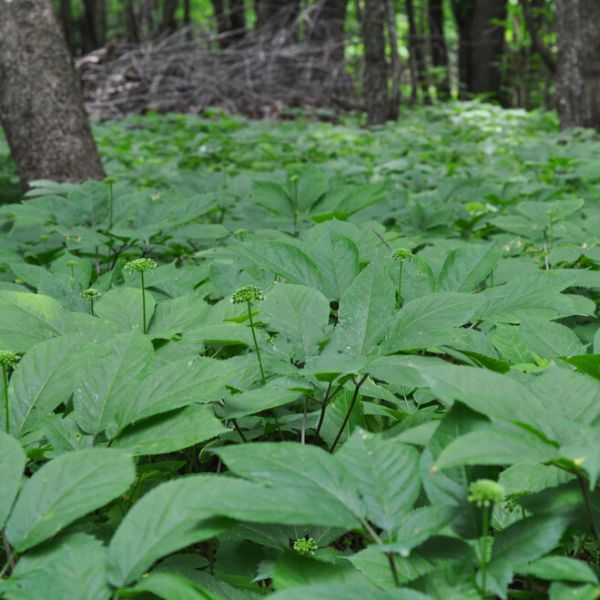
Aug 24, 2021
Researchers help track the growth of ginseng forest farming in Pennsylvania
There is good and bad news about ginseng collection and production in Pennsylvania, and likely much of Appalachia, according to a new study conducted by Penn State researchers.
Full Article
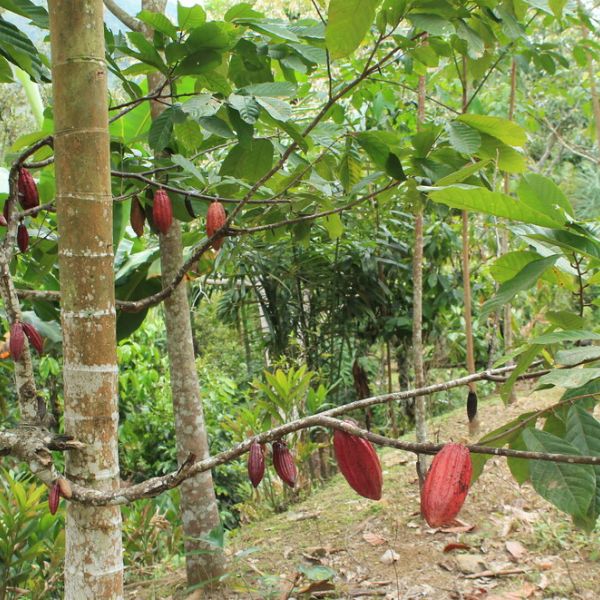
Aug 18, 2021
Study of structural variants in cacao genomes yields clues about plant diversity
An exhaustive and painstaking comparison of the genomes of multiple strains of the cacao tree by a team of researchers has provided insights into the role genomic structural variants play in the regulation of gene expression and chromosome evolution, giving rise to the differences within populations of the plant.
Full Article
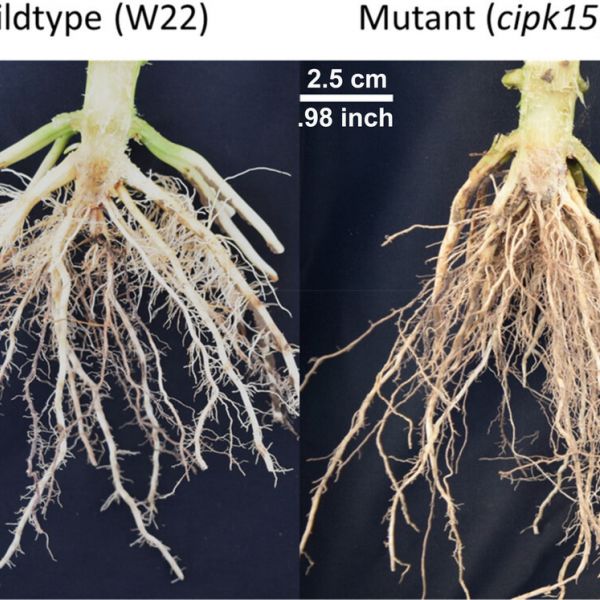
Aug 02, 2021
Researchers identify a gene that regulates the angle of root growth in corn
The discovery of a gene that regulates the angle of root growth in corn is a new tool to enable the breeding of deeper-rooting crops with enhanced ability to take up nitrogen, according to an international team of researchers, led by Penn State.
Full Article

Jun 30, 2021
Claude dePamphilis named Huck Chair in Plant Biology and Evolutionary Genomics
Claude dePamphilis, Penn State Professor of Biology, has been named the Dorothy Foehr Huck and J. Lloyd Huck Distinguished Chair in Plant Biology and Evolutionary Genomics by the Huck Institutes of the Life Sciences.
Full Article
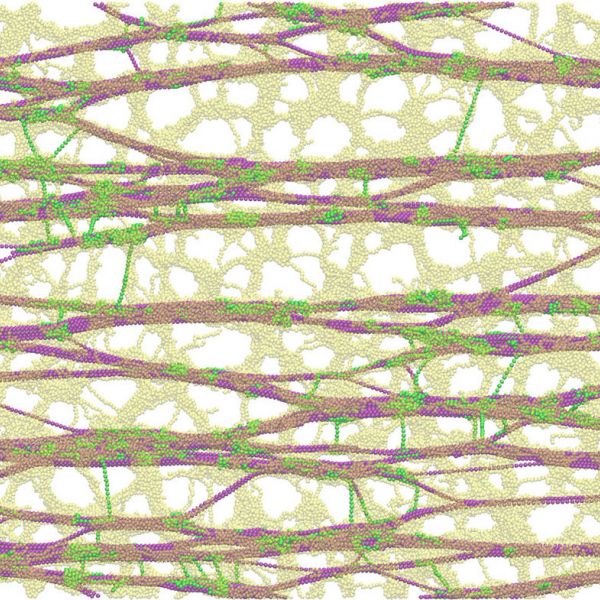
May 17, 2021
What makes plant cell walls both strong and extensible?
A plant cell wall’s unique ability to expand without weakening or breaking — a quality required for plant growth — is due to the movement of its cellulose skeleton, according to new research that models the cell wall.
Full Article
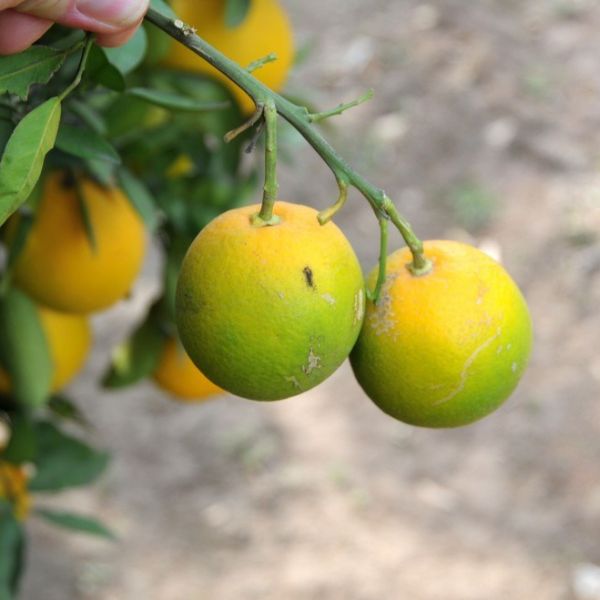
May 12, 2021
CRISPR/Cas technology could enable early diagnosis of devastating citrus disease
Penn State and U.S. Department of Agriculture scientists have used cutting-edge CRISPR/Cas technology to develop a diagnostic test that could enable early diagnosis of citrus greening, or Huanglongbing, a serious disease that threatens worldwide citrus production.
Full Article